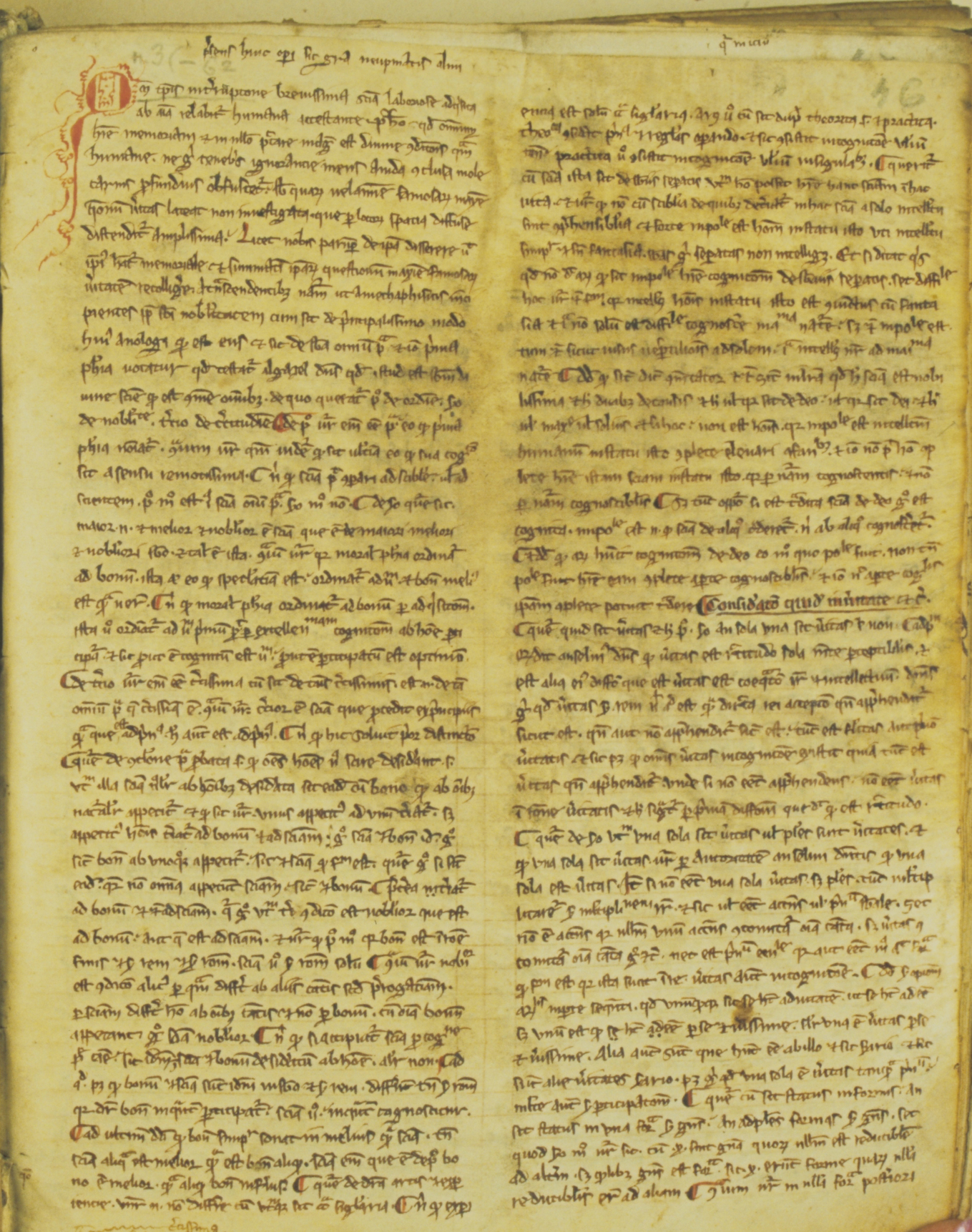
Posted by Helen Birkett
10 November 2014Of the many celebrated names connected with medieval Exeter, Bracton is one of only a handful to claim global recognition. Bracton is known to students and practitioners of law throughout the Anglophone world as a founding father of English Common Law and the assumed author of an invaluable compendium ‘On the Laws and Customs of England’. While he is widely known as Bracton, his name should properly be written as Bratton, and he probably he hailed from one of the two Devon parishes (Bratton Fleming or Bratton Clovelly) that carry this name. A justice on the south western circuit and serving the coram rege – later the court of King’s Bench – in the middle years of the thirteenth century, Bracton was probably not the originator of the book that has always borne his name but rather its subsequent editor. It was perhaps his great expertise gained from years on the court circuit, as well as his status as chancellor of Exeter Cathedral – a position he secured at the close of his career (1257) – that ensured his editorial interventions were remembered above all others. Bratton was buried in the nave of the cathedral, endowing a chantry funded from the manor of nearby Thorverton; sadly the site was lost in the building’s later remodelling.
Bracton and ‘his’ book are attracting renewed attention from Exeter researchers. Following a successful exhibition at the cathedral library and archives highlighting his work and Exeter associations curated by Centre PhD student Zoe Cunningham, this week Anthony Musson, Professor of Legal History, will deliver a keynote lecture, Bracton: Making Laws in Medieval Devon, on 11 November in the Cathedral’s Pearson Education Room at 1pm as part of the Archives Explored programme.